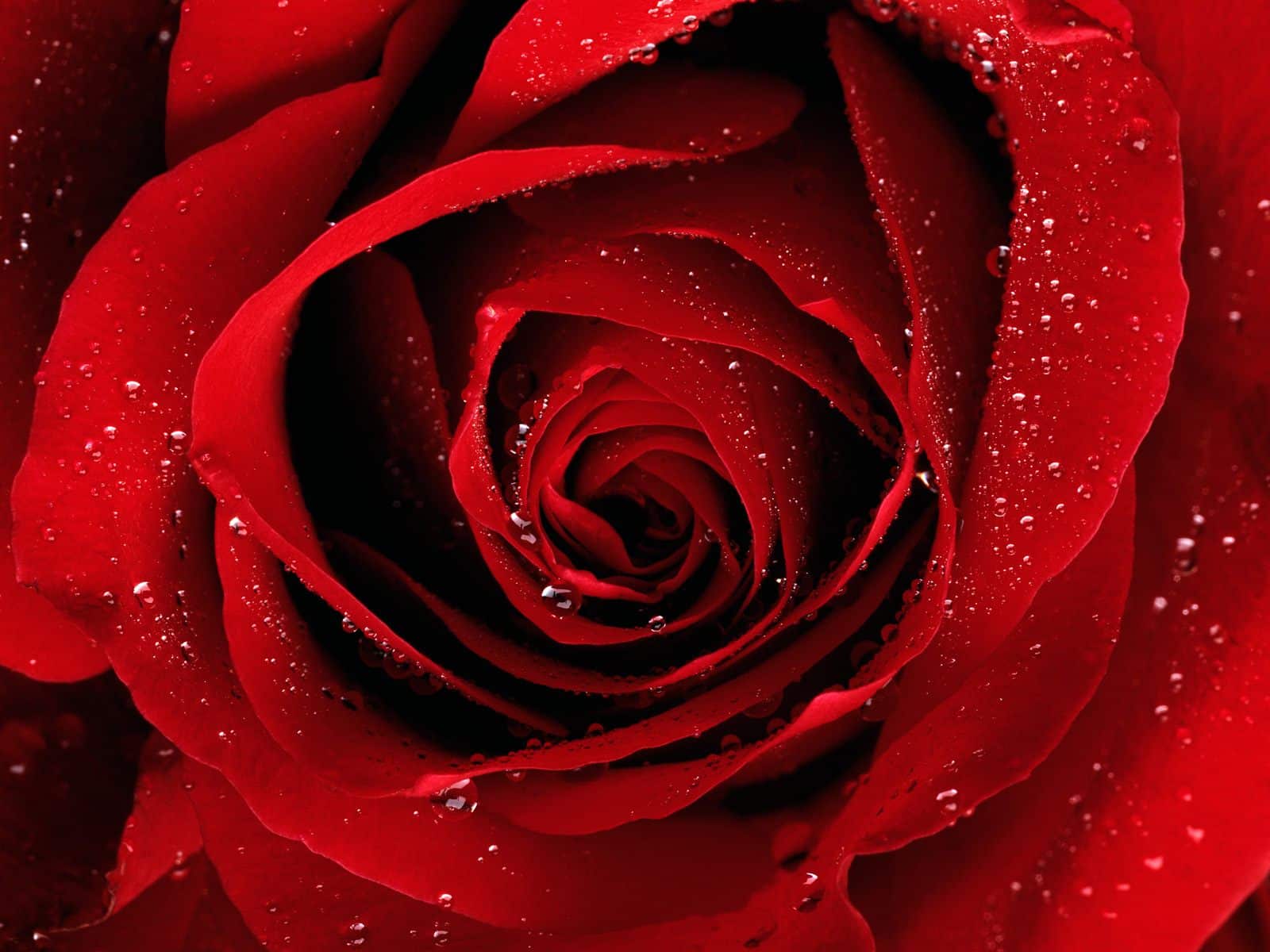Juliet is not my real name, although here in the US, most of my American friends and colleagues only know me as Juliet. “But you can just call me Juliet,” I would always tell people while introducing myself. And gradually, I have become Juliet. My favorite francophone professor sometimes calls me Juliette. Occasionally, on the phone, it gets mistaken for Julia. When Taylor Swift released the song Love Story, my friends and I got a good laugh out of the line “And my daddy said stay away from Juliet.”
But I am not always Juliet–when I majored in Urdu Literature in college, my Pakistani professor gave all of us Urdu names. For three years, I was Naghma–the word means “song; poem.” She picked this name for me after learning my Chinese name–my real name–means rhythm and poetry. Na-gh-ma: the “gh” sound is particularly hard to pronounce–it clings to your throat like a Beijing summer heat wave that you can’t quite escape.
While living in Pakistan, I was Sitara (which means star). I fell in love with this particular word the first time I came across it. Being Sitara is like being on a vacation. I was Sitara only in Islamabad–a place where I put down no roots, but took away plenty of memories.
Sometimes I ask myself what these names mean to me. The other day while ordering coffee at Starbucks, the cashier asked for my name for the order. “Sophia,” I told her–deciding that I wanted to try something new. So now, I give myself a new name every time I go get coffee. I am Natasha, Sophia, Michelle, Emilie. While waiting for that coffee, I make up a story for each of the names. I give them personalities I wish I myself would have. They are not me–not in the strictest sense–yet they are all simultaneously, part of me.
We often say that moving to a new place is the perfect opportunity to reinvent oneself. In a place where no one really knows your past, there is the opportunity for a second chance, the opportunity to let go all the baggage in the past and start something new. And in my case, the opportunity to get a new name. Yet, the reinvention of self comes with its own set of problems: for me, it is the balance between beginning something new and holding on to the past. It is the reconciliation between changes and stability. It is the question of who I truly am.
Or, with a name like Juliet, I could quote Shakespeare:
“What’s in a name?
That which we call a rose;
By any other name would smell as sweet.”
朱丽叶(Juliet)并不是我的本名——尽管在美国,大家都叫我朱丽叶。“叫我Juliet好了。“——自我介绍的时候,我通常都会加上这么一句。于是渐渐地,我便成了朱丽叶:我的说法语的教授有时叫我Juliette;在电话上,它有时被当成茱莉亚。而当Taylor Swift出了那首Love Story,我和朋友都很喜欢其中那句:And my daddy said stay away from Juliet.
可我并不总是朱丽叶——本科学乌尔都语文学时,巴基斯坦外教给我们都起了乌尔都语名字。她给我选的名字是Naghma,意为歌曲与诗歌——大约是因为我的中文名是“韵”字的缘故。乌尔都语里gh尤其难发音,卡在喉头不上不下,恰似一个难以逃离的北京夏日。
而在巴基斯坦生活时,我是Sitara(意为星辰)—第一次学到这个词,便一见倾心。而做Sitara就好像一个悠长的假期。我只在巴基斯坦是Sitara.巴基斯坦,伊斯兰堡,与Sitara相关的一切,不是家,却是纪念。
有些时候,我问自己这些名字对我来说究竟意味着什么——某天在星巴克买咖啡师,收银员问我的名字——“Sophia”,我告诉她。于是现在,每每去买咖啡,我都给自己起一个新的名字:我是Emilie, Sophia, Natasha, Michelle。而在等拿杯咖啡时,我会给每一个名字编一个故事——我赋予她们那些我希望自己能够拥有的性格。她们不是我——可她们又全都是我。
人们常说,到一个新的地方,是重塑自我的最好机会。在一个没有人知道你的过去的地方,放下过往的一切包袱,重新开始成为可能——对我来说,这还包括取一个新名字。可是,重塑自我也有相应的问题:这是重新开始与把握过去,是变化与稳定间的微妙平衡,也是,我究竟是谁。
也许,作为朱丽叶,我应该引用莎士比亚那句著名的:
“名称又有何关,
玫瑰不称玫瑰,
依然芬芳如故。”


